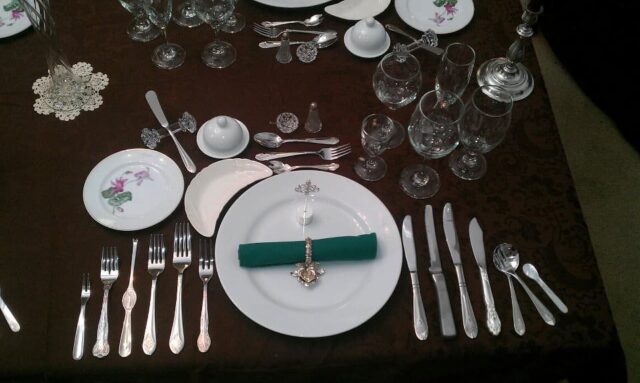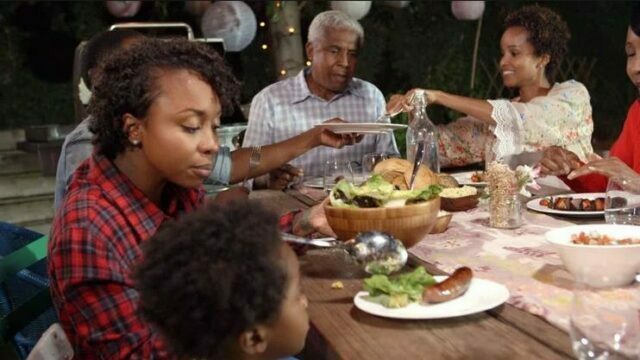In a world where child-focused foods are often things that they can pick up and enjoy with their fingers or drink from a pouch, really what good are “traditional” table manners? Well, teaching table manners is more important than you think. According to the experts from an interview with Fatherly.com, good manners can also help in crucial social situations that could affect the future course of their lives.

“There’s going to be an event you need to go to where you are going to want your children to have table manners so that they don’t embarrass the whole family and people don’t look down on you for not teaching manners to them,” explained etiquette expert Jennifer L. Scott, New York Times bestselling author of Connoisseur Kids.
Scott goes on to say that, “Teaching table manners is such important preparation for life,” Scott says. “I guarantee when they have their first job and they go out to lunch with coworkers or have a special dinner with someone they have met romantically, your kids are going to want to have good table manners.”
So just how do you teach table manners in 2021?
Well, Scott goes on to suggest to practice table manners with simulated dinners that she likes to call, “dress rehearsals.”
“Set the table nicely. Maybe a little more elevated than your normally would on a random Tuesday night,” she explained. “Then, go from the beginning of the meal to the end of the meal, asking what to do next after each step.”

Don’t get bogged down with breaking out the good china and flatware. This will only confuse children. They really shouldn’t be bogged down on which fork to use or spoon. Make it simple and easy for them to follow.
If you are wondering just how to keep things simple, here are Scott’s set of basics to begin with:
- Sitting down nicely and staying in their seat
- Keeping a napkin in their lap
- Using a napkin to wipe their face
- No burping or farting at the table
- Wait for everyone to sit before eating
- Use utensils when necessary for the type of food
- Engage in conversation
- Ask to be excused
- Wait to leave until everyone is finished
- Thank the Chef

“I say that we should always practice these things behind closed doors even if no ones there and no ones watching,” Scott says. “That way it naturally becomes who we are and it’s not going to come across as fake or false.”
Do you have any table manners tips to share? Sound-off and comment below. We want to hear from you!







